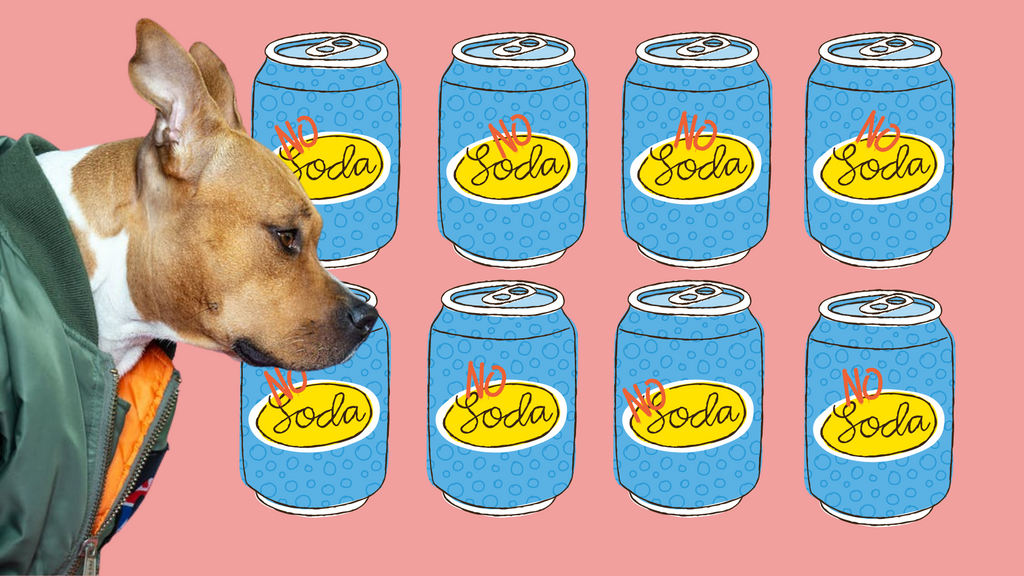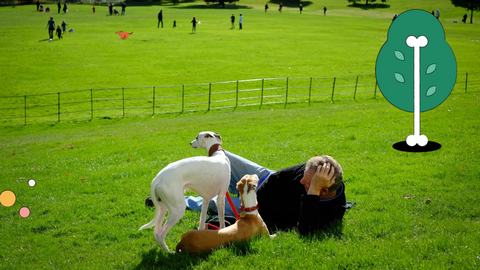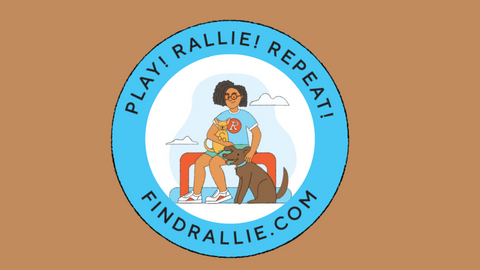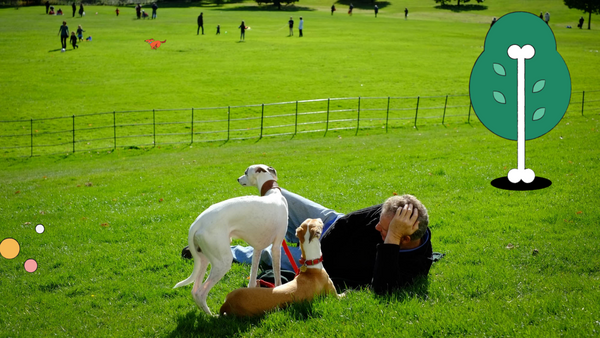Most of us love sharing things with our dogs. After all, they’re our best friends, so why shouldn’t we want to enjoy doing the same things together? From taking long leisurely walks, to cuddling on the couch, to enjoying some of the same foods like fruits and vegetables, it's great to do things with your dog.
But what about sharing soda with your pup? There are all kinds of things to enjoy doing with your dog, but sharing a soda isn't one of them. Here's why it's a bad idea to give your dog soda:
Sugar

Soda is extremely high in sugar. This is, of course, why it tastes good to you and to your dog. However, excess sugar consumption isn’t good for your dog. Dogs show a high preference for water that is sweetened with 10% sucrose.
There is a good chance that your dog will keep eating sweet soda regardless of whether they are hungry or thirsty. Excess sugar can result in health conditions like obesity and diabetes in your dog. Dogs that are diabetic or pre-diabetic should avoid diets that include sugar, corn syrup, or honey.
Eating a diet rich in sugar or corn syrup, such as one that includes soda, may make it more likely that your dog will develop diabetes or that diabetes will worsen. Dogs develop the same types of diabetes as humans, which may be related to similarities in our diets, including the consumption of sugar.

Dye
Sodas typically contain a number of different food dyes to achieve their bright colors. Even brown sodas like Coca-Cola and root beer usually contain caramel color, which contains a possible carcinogen: 4-methylimidazole (4-MeI).
Different types of dye have been found to be dangerous for laboratory animals and may also be dangerous for dogs. Red 40, yellow 5, and yellow 6 have all been found to be carcinogenic. Blue 1, red 40, yellow 5, and yellow 6 can cause hypersensitivity. While it may be possible to find soda that contains only all-natural dye or doesn't contain dye at all, the vast majority of soda that most of us consume has artificial dye which has potentially dangerous effects on your dog.

Carbonation
Humans are highly drawn to carbonated beverages, for unknown reasons. Whether natural or artificial, people seem to love the bubbles in carbonated beverages like sodas. However, other animals, including dogs, typically refused to drink carbonated water.
While it isn't necessarily clear why dogs reject carbonation, humans should be hesitant of encouraging dogs to drink something that they do not intuitively enjoy. Adding a lot of sugar to carbonated beverages such as sodas may cause dogs to drink them even if your dog does not like the carbonation.
It is possible that ingesting excess gas such as what happens when dogs drink soda can result in a deadly disease known as bloat. Dogs that were diagnosed with bloat were found to have an increased amount of gas in their intestinal tracts.
While it isn't known whether carbonated beverages can directly lead to bloat, bloat does seem to be associated with increased gas. There is, therefore, reason to believe that soda may be harmful because it may increase the amount of gas in your dog’s system.
Bloat is especially dangerous for some dog breeds with deep chests, like standard poodles and boxers, but it can occur in any breed. Caution should be exercised regardless of your dog’s breed.
Diet Sodas are Particularly Dangerous for Dogs
If you enjoy diet sodas, it's especially important that you not share them with your dog. Artificial sugars like Xylitol which may be found in diet soda can result in severe illness in your dog.
Although Xylitol is harmless to people, it can be life-threatening for your dog. When consumed in sufficient amounts, dogs can develop acute liver failure as a result of consuming Xylitol. No amount of Xylitol is safe for your dog, and even very small amounts can cause serious illness.
Other artificial sweeteners, such as sucralose, can also have negative effects on your dog, although they may not be as toxic as Xylitol. Sucralose was found to cause dogs to eat more food and gain more weight.
What Can You Give Your Dog Instead of Soda?
Just because your dog can't enjoy soda with you doesn't mean that you can't have a nice beverage together. Water flavored with a safe juice such as apple juice or orange juice can be a delicious treat for your dog. Chicken-favored water is also a wonderful option.
In fact, you can flavor water with just about anything that is safe for dogs to eat and that your dog enjoys and they will very likely lap it up happily. You still need to be careful about the level of sugar in some of these beverages, but you can avoid the serious risks of giving your dog soda while still enjoying a beverage together.
If you want to give your dog something to drink that they will not only enjoy but that may have positive benefits on their health, consider hydrogen-enhanced water. Drinking hydrogen-enhanced water has long been known to be safe for people and animals.
When dogs that had wounds drank hydrogen-enhanced water, wounds healed faster and there was reduced inflammatory reaction. Hydrogen-enhanced water may generally improve your dog's quality of life and reduce stress and inflammation.
Flavored, hydrogen enhanced water can be a delightful treat for your dog that provides a wide range of health benefits. Whether you want to use hydrogen-enhanced flavored water as a before or after exercise ritual or just enjoy it together while watching TV, flavored hydrogen-enhanced water is the perfect alternative to potentially dangerous soda.

**************
About Rallie Blog Contributor: Coral Dawn Drake





Write Your Comment: